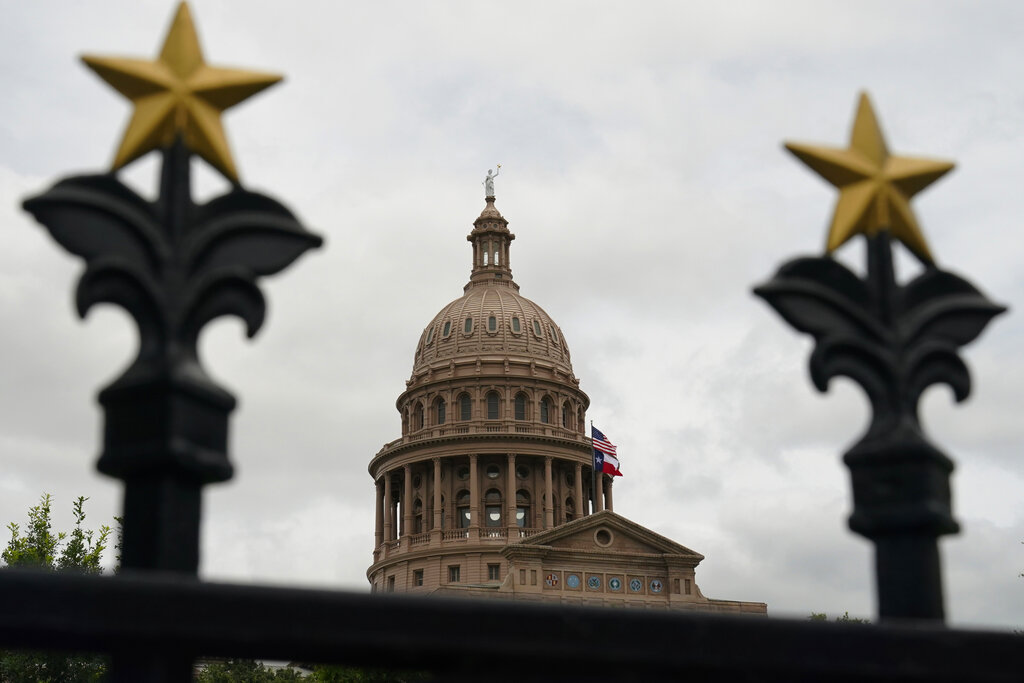In her opening statement opening the 88th Texas Legislature, Secretary of State Jane Nelson asked lawmakers to focus on the reason they were there and implored them to set aside their differences and put the interests of the state above all else.
“There will be difficult moments ahead; that happens every session,” Nelson said. “But remember this: As Texans, we all agree on much more than any differences we might have.”
There was a time — not that long ago — when such a plea wouldn’t have been necessary, when most people were confident in legislators’ ability, and willingness, to reach across party lines, negotiate any sticking points in proposed legislation, and cobble together a final bill that most members could support.
That cooperation perhaps was most evident in the long process of uniting lawmakers from across the state, and across the political spectrum, to build support for the University of Texas Regional Academic Health Center, which has since matured into the first full-fledged medical school in South Texas.
How far we have fallen since then.
Veteran Rio Grande Valley legislatures were part of those old days of cooperation and negotiation, such as state Sens. Juan “Chuy” Hinojosa, Judith Zaffirini and former Sen. Eddie Lucio Jr., who retired last year after more than three decades representing his Valley district in Austin.
The old spirit of cooperation is more important than ever in the Valley, which for the first time ever will be represented by both Democrats and Republicans in the House.
Although the Valley had been known as one of the most loyal Democratic strongholds in the country, its residents traditionally have held more moderate views than more liberal areas. Those views have been reflected in their elected officials, who forged strong friendships, and alliances, with colleagues from both parties.
Truth be told, the change in representation doesn’t reflect a political shift in South Texas as much as a growing choice at the ballot box, where Republicans recently have sought election for seats in which Democrats previously had been unopposed in the general election.
As the abyss between the two major parties has widened in recent years, we trust — and we expect — that our Valley representatives can recognize that moderation is a strength, and set the example for other lawmakers who might have been tempted to embrace partisan demagoguery.
Nelson’s words perhaps ring most true in the Valley, which is parceled among several legislative districts but functions as a single, coherent region with common needs and goals. That regional thinking is evident in residents’ movement throughout the Valley to shop, work and pursue entertainment. It’s evident in economic and educational partnerships that serve the entire Valley as a whole, and in the recent unification of our planning organization into a single regional entity planning and advocating for our infrastructure needs.
We need our representatives in Austin to recognize our common needs and work together to meet them, placing their constituents above any partisan bluster.





